"If European Christians abandon their posts, both European Christian Churches and democratic nation-states in Europe will fall. Religious freedom and European political democracy will also be lost," Laszlo Kover, speaker of Hungary's National Assembly, stated at the Religious Freedom Day commemoration event on Monday in Turda (Torda), Romania.
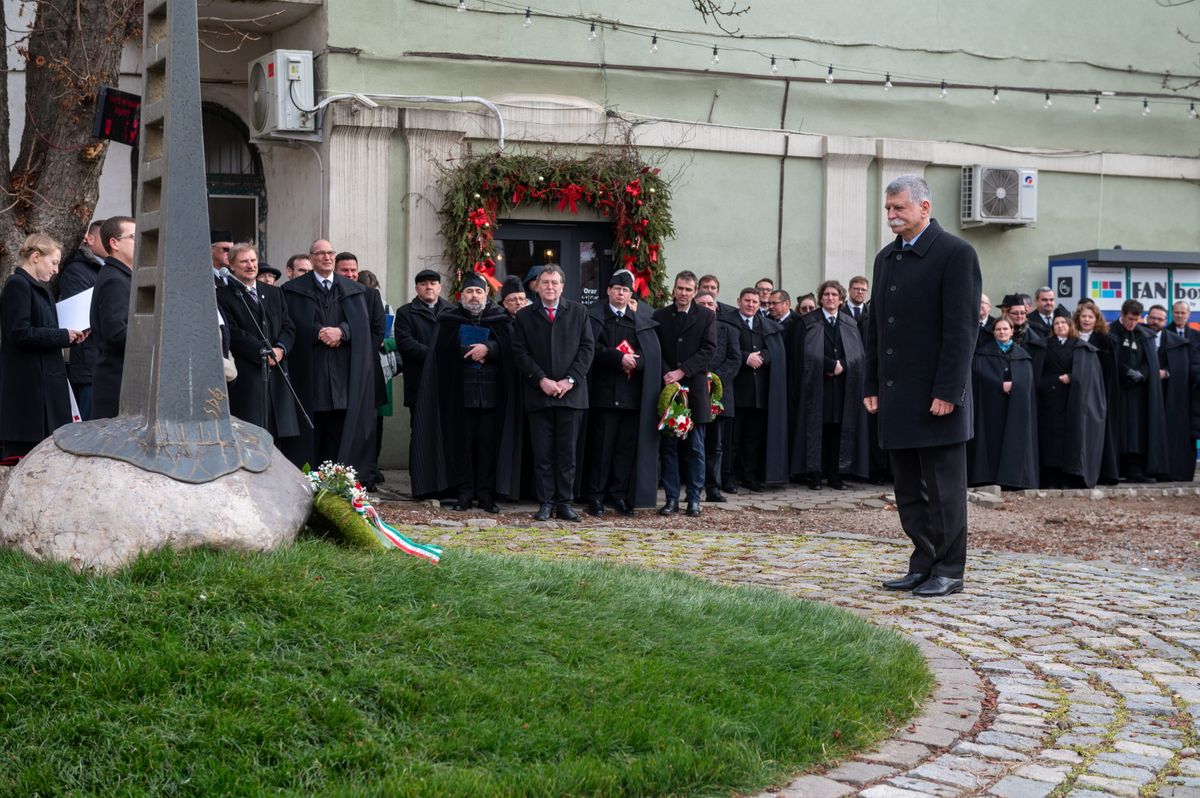
The city of Turda (Torda) paid tribute with a special anniversary church service, commemorating the 1568 resolution of the Transylvanian Diet, which was the first in Europe to enshrine the principle of freedom of conscience into law. House Speaker Kover called it an uplifting experience to speak on behalf of the Hungarian Parliament at the event.
He noted that 457 years ago, the Transylvanian Diet articulated and codified a new concept of freedom, opening a new chapter in the history of Christian culture in Europe.
Laszlo Kover emphasized that every nation has its vital ideals that enrich the world, and the early modern-era, Hungarian concept of religious freedom was formulated here in Torda.
Similarly, he noted, the modern Hungarian concept of political freedom was expressed in 1852 by Lajos Kossuth, who famously stated: “Everything for the people and by the people. Nothing about the people without the people.” The speaker called this democracy, reflecting the dominant spirit of our age.
The politician elaborated that both Hungarian concepts of freedom share a fundamental similarity: the notion of community. The religious freedom conceived in Torda was centered on the community, as the Diet here at the time granted the right to elect preachers to local congregations. "Similarly, Hungarian political freedom also positions the people, as a community, at the heart of democracy."
The foundations of modern universal human rights—such as individual freedom of conscience and religious liberty, as well as universal suffrage—undeniably include the building blocks of these Hungarian ideals of religious and political freedom, he stressed.
In his speech, Laszlo Kover pointed out that throughout history, Hungarians have learned that it is impossible to live without ideals and dangerous to live with illusions. He argued that Hungarians have no illusions about the state of Christianity or of European freedom. “The spirit of the Antichrist and de-Christianization are rampant in Europe. Europeans are being urged to reject God's gift of faith, to become rootless and detached, and to give up their strongest political self-defense mechanism—European democracy,” the Hungarian house speaker stated, urging attendees to become shapers of politics rather than passively enduring it.
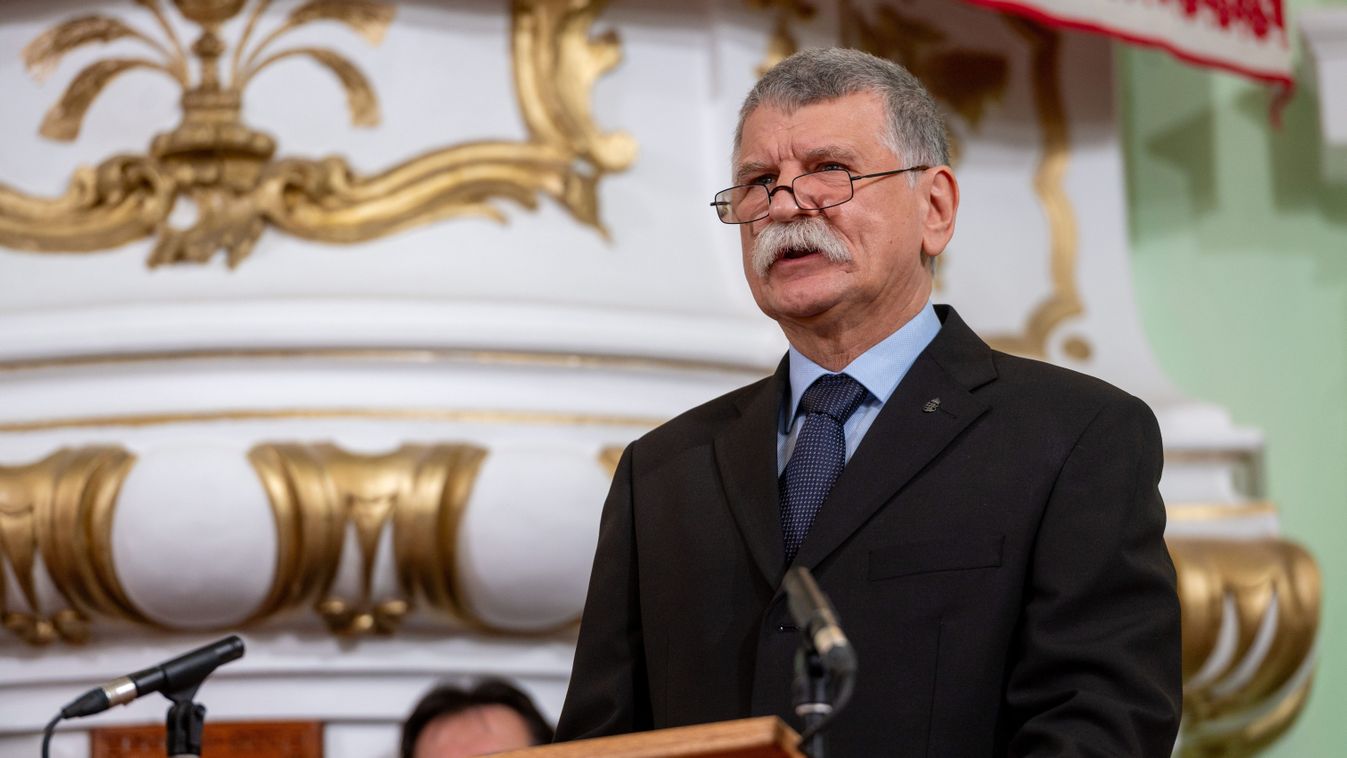
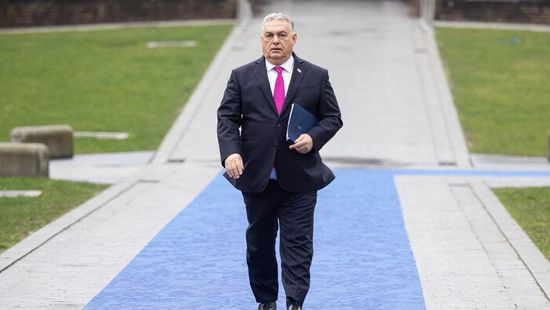
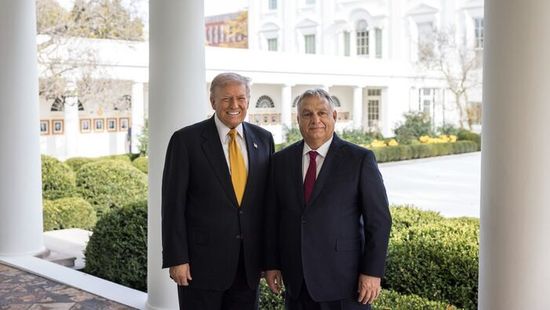
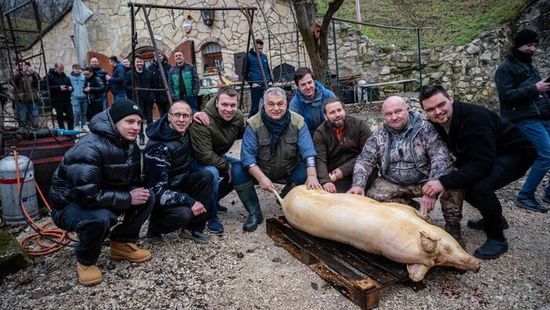
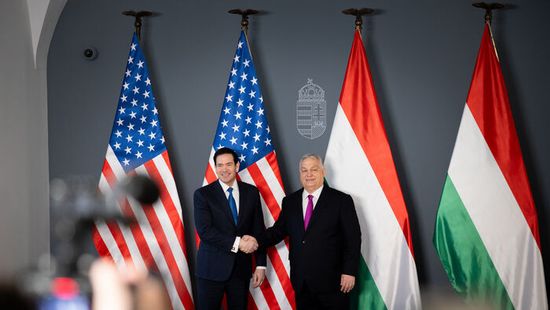

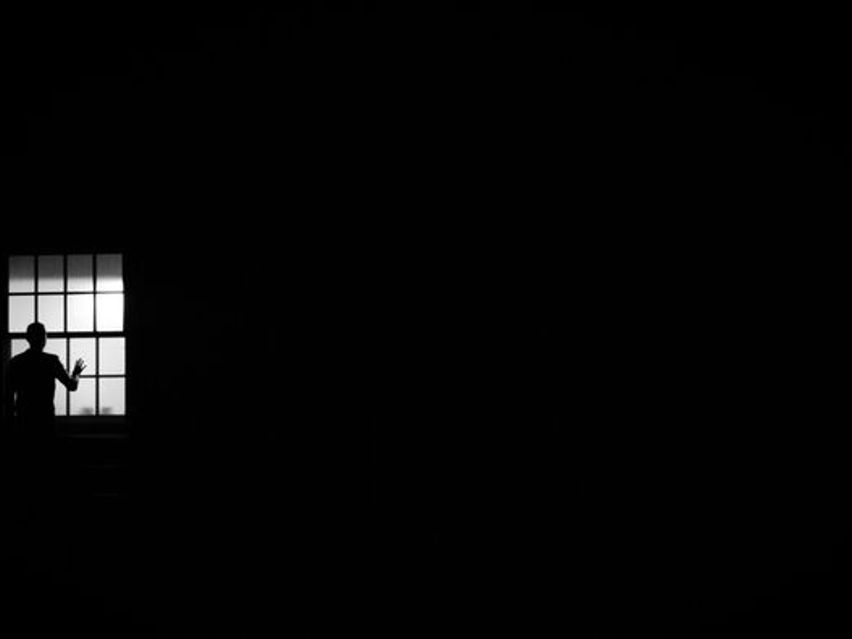
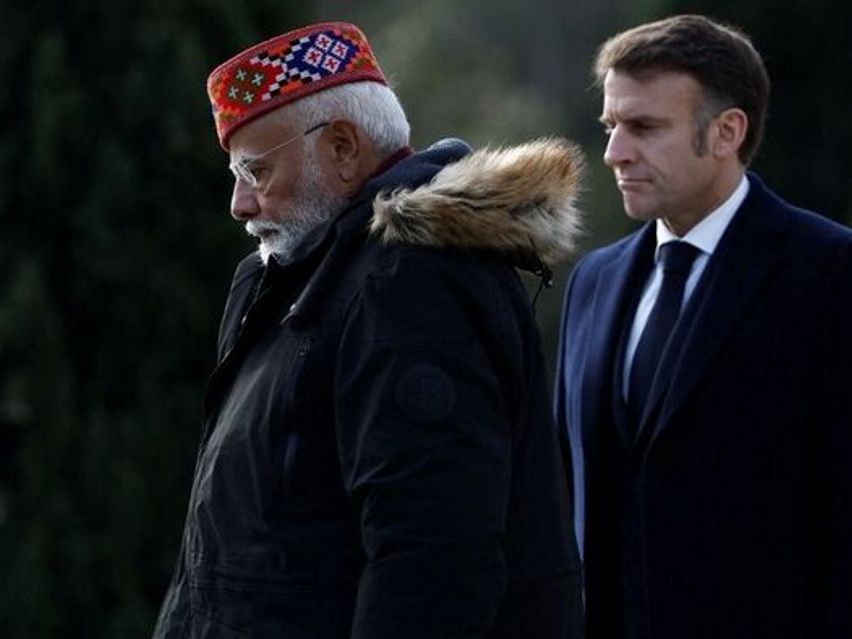
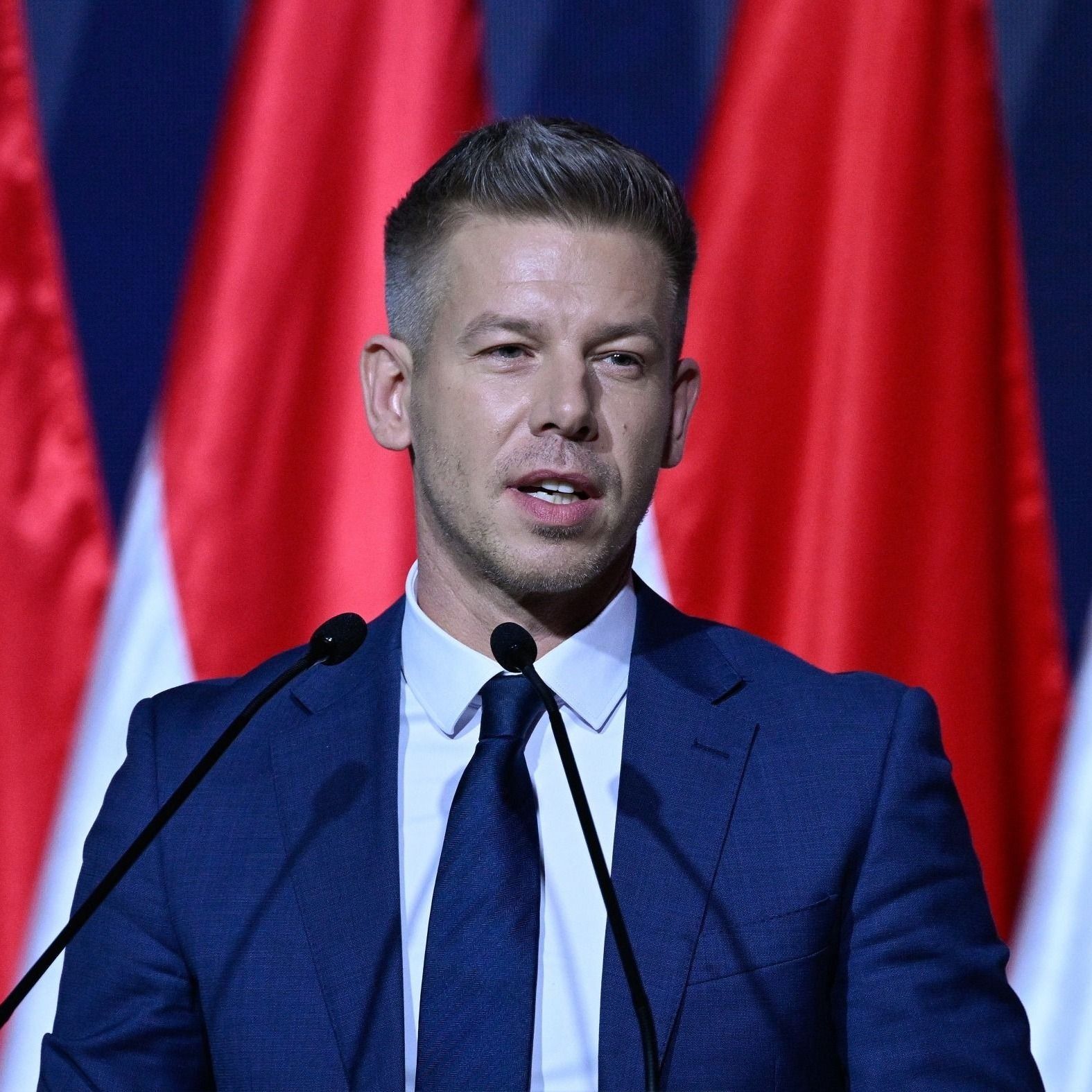
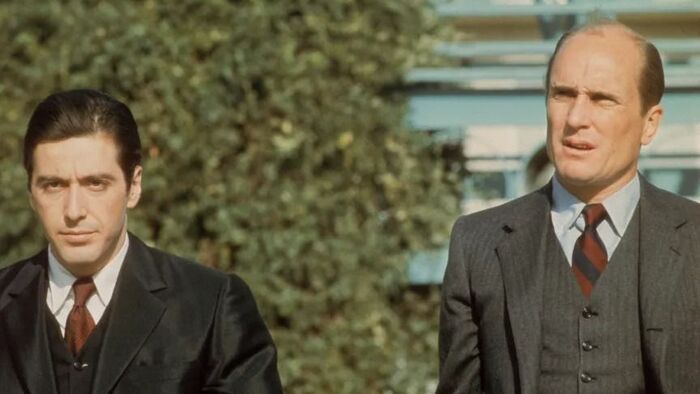

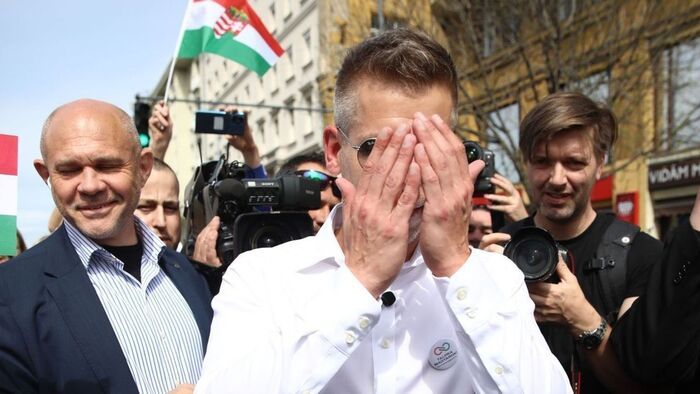
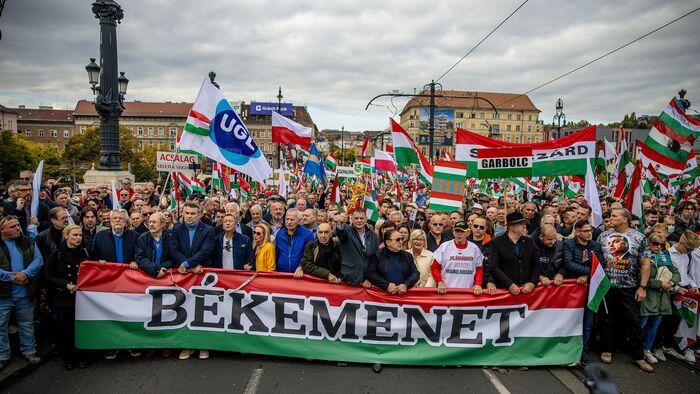

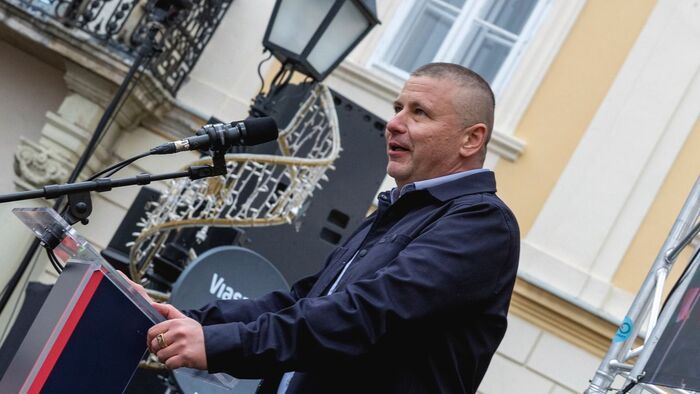
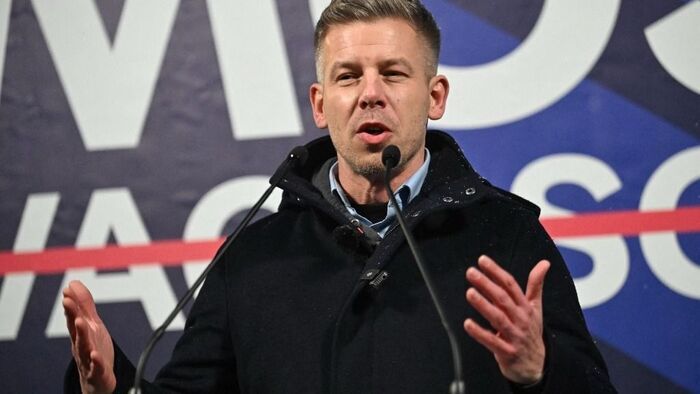
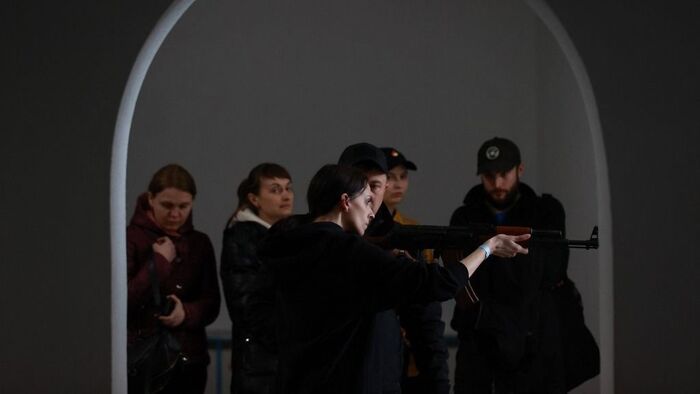
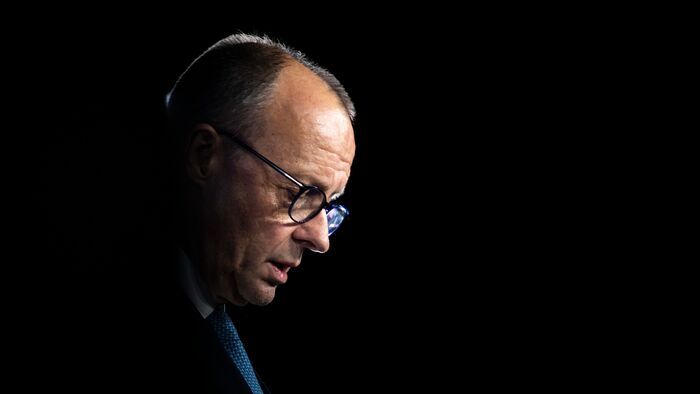


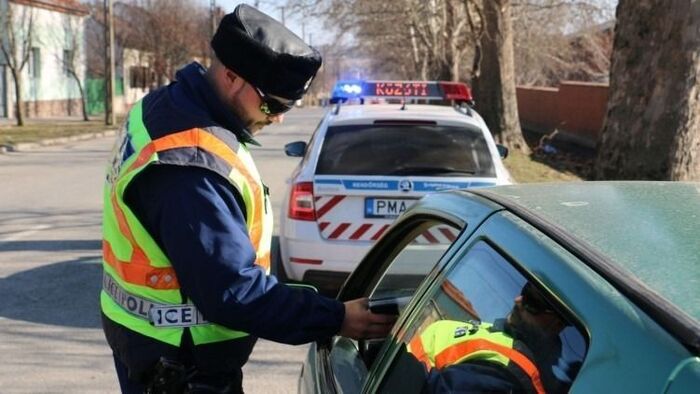


Szóljon hozzá!
Jelenleg csak a hozzászólások egy kis részét látja. Hozzászóláshoz és a további kommentek megtekintéséhez lépjen be, vagy regisztráljon!